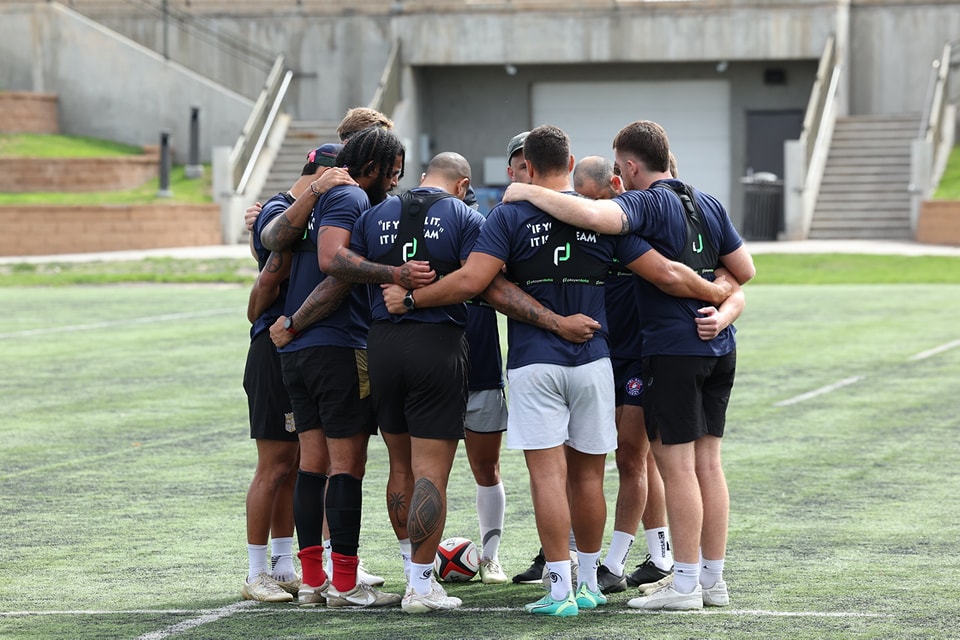has already become a recognized name in the global rugby world. The team has reached the European Super Cup final twice in a row, was invited to participate in a prestigious tournament in South Africa only to be “uninvited” at the last minute due to political pressures, won an exhibition match against a top professional English premiership team, and will compete in a major international Sevens tournament at the end of the month. “It might sound crazy, but our goal is to compete for a spot to play in 2031 Rugby World Cup in the USA,” says Heat’s Chairman Adi Raz.

The creation of Tel Aviv Heat, Israel’s only professional rugby team, happened almost by chance, fuelled by Israeli audacity and perfect timing. Yet, none of this diminishes the team’s extraordinary success within just one year of its founding. Despite Israel’s global rugby ranking in the 60s, Tel Aviv Heat managed to reach the European Super Cup final twice in a row.
Right after the COVID-19 pandemic, Rugby Europe set out to form a European competition to allow the countries ranked 7–14 to develop their talent and play high level rugby just below national team level.
Everything was set, but one country failed to field a team due to internal issues, leading to a bid for a replacement team. Eighteen countries applied, all with stronger rugby infrastructure than Israel, but Israel won the bid.
Kevin Musikanth, head coach of Israel’s national team, recalls, “We had audacity. It was like a miracle, a dream. Without dreams, you can’t progress. If you don’t look up, you won’t see the stars or know they exist. Tel Aviv Heat shows it’s possible. The league gave our players the chance to play at a high level.”
Adi Raz, chairman of Tel Aviv Heat, adds, “I think one reason we succeeded was Israel’s global reputation for overcoming COVID-19, and we aligned perfectly with the league’s goal of developing players and future national teams. I suppose they thought that if we could overcome the pandemic, we could also form a strong team and even host games in Israel.” Days before submitting the bid, Adi had been disconnected from the rugby world for almost 20 years, until Yonatan Kaplan, chairman of the Rugby Union’s technical committee, and then Chairman of the IRU, Offer Fabian called him to action. The rest is history.
Few believed Israel would beat 17 other nations in the bid for the prestigious league. The team had no name, no staff, no home field, no budget, and even the player roster wasn’t finalized. But according to Adi, their advantage was the Israeli mindset: “We have an optimistic, problem-solving approach. In 1948, we had nothing and built a country,” he says with a smile.
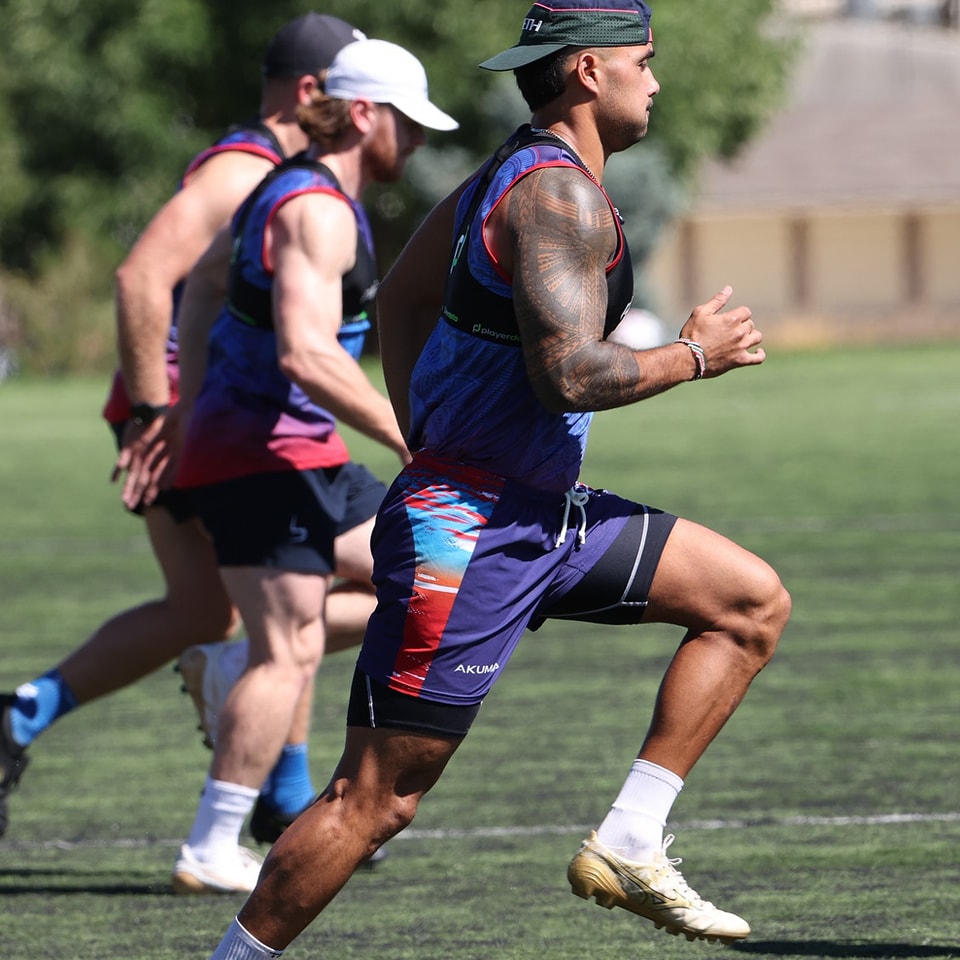
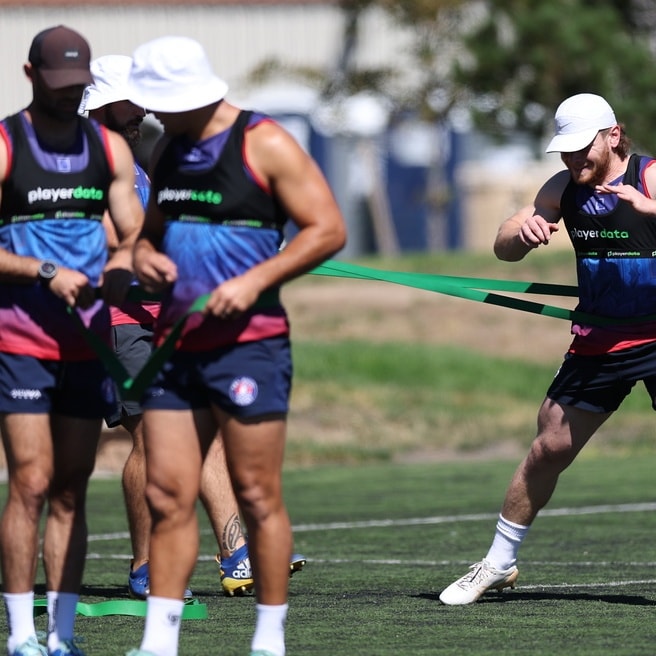
Few believed Israel would beat 17 other nations in the bid for the prestigious league. The team had no name, no staff, no home field, no budget, and even the player roster wasn’t finalized. But according to Adi, their advantage was the Israeli mindset: “We have an optimistic, problem-solving approach. In 1948, we had nothing and built a country,” he says with a smile.
The team quickly secured a home field, players, and funding from abroad. “We brought in CEO Pete Sickle, who, along with Kevin Musikanth, led a successful fundraising campaign in Ireland, the UK, the US, South Africa, and Australia,” Adi explains. “Supporters of rugby and Israel, supported with the funds to make it happen. At the same time, we had to build a team from scratch, find a home field for matches, and organize international travel. It was challenging, but good people made it possible.”
Normally, a new team enters a league modestly, without high expectations—especially when competing against stronger teams. But Tel Aviv Heat quickly proved they were no ordinary team. After a year of adjustments, the team surprised many by reaching the European Super Cup final. The achievement was even more significant because the games were broadcast on Israel’s Sport 5 Channel, giving rugby unprecedented exposure in Israel.

Normally, a new team enters a league modestly, without high expectations—especially when competing against stronger teams. But Tel Aviv Heat quickly proved they were no ordinary team. After a year of adjustments, the team surprised many by reaching the European Super Cup final.
Adi adds, “We had the opportunity to be part of a high-level Israeli project while developing Israeli players.” That year, two significant events stood out. First, the team was invited to play a friendly match in England against Saracens, one of the strongest Premiership teams. Although England’s national players didn’t participate, Tel Aviv Heat winning that match, marked a pivotal moment for the team.
The second event was less positive. Following their success in the European league, the team was invited to the prestigious Mzansi Challenge in South Africa in 2023. However, two weeks before the tournament, the team received a letter cancelling their participation due to BDS pressures. In retrospect, this setback ultimately benefited Israel and the team.
“This angered enough good people who said, ‘If you don’t want us, fine—we’ll create our own tournament” Adi recalls. The result was the establishment of the Regional League, funded by supporters who believed Israel should rely on itself. “During the recent war, the only foreign sports team to visit Israel was RC Armia from Georgia’s top league, even as rockets were being fired. That was no small gesture,” Adi shares

Regarding the cancellation of the team’s participation in the South African tournament due to BDS pressures, Adi said: “This angered enough good people who said, ‘If you don’t want us, fine—we’ll create our own tournament”.
In the past year, Tel Aviv Heat did not participate in the European league due to the war but was invited to compete in tournaments in rugby-strong nations like Georgia and Romania. The team is also set to play in a major international sevens tournament. “This tournament is held alongside the World Sevens Series for national teams, giving us a global platform. We’ll face 11 teams from around the world, and our players will have the chance to watch games featuring the world’s top teams. It’s a huge event,” says Adi excitedly.
What was the purpose of creating a team to play abroad alongside the Israeli national team?
“The idea was, and still is, to serve as a tool for developing Israel’s future national team,” Adi explains. “We’re like a locomotive, pulling players to a level they wouldn’t normally experience.” The Heat roster includes Israeli players, foreign players on a pathway to be eligible for the Israel national and marquee players to provide extra strength and mentorship for the younger players. Adi mentions that the first pathway player to become eligible can join the national team as of January 2025, with more to follow.
Young players abroad typically play 15–16 matches a year, compared to just a few in Israel in the past. “Three or four years ago, we had only 2–3 Israelis capable of physically handling a full match at the Heat’s level. Now, we have 8–10. Between the European league, the Israeli league, the national team, and the regional league, we now reach 14–15 matches a year. This strengthens players both physically and mentally,” Adi explains.
Kevin agrees and adds: “There are many talented players in Israel. While we live in a country where it’s challenging to focus solely on rugby, we’ve created a space where players can become professionals and focus on the sport at an intense pace. If we stay focused on rugby and have a supportive and growing community, I believe we have a chance to play at the highest level. A dream is just a dream unless there are others who share it and help turn it into reality.”
What are your goals for the future?
Adi: “We’re heading in the right direction. You need to dream big. The goal is for Israel to compete in the Rugby World Cup in 2031—or at least 2035. It might sound far-fetched, given our ranking, but we must turn dreams into reality. You can’t focus on what’s been; you must focus on what can be. I believe we will succeed. That’s why I’m involved—otherwise, I wouldn’t have come back.”
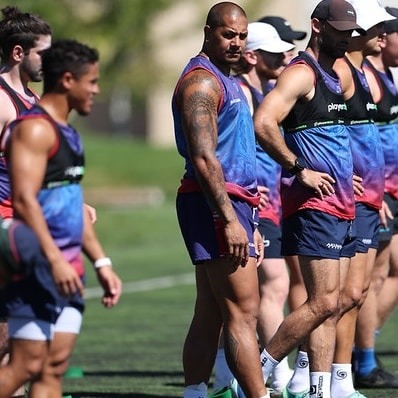
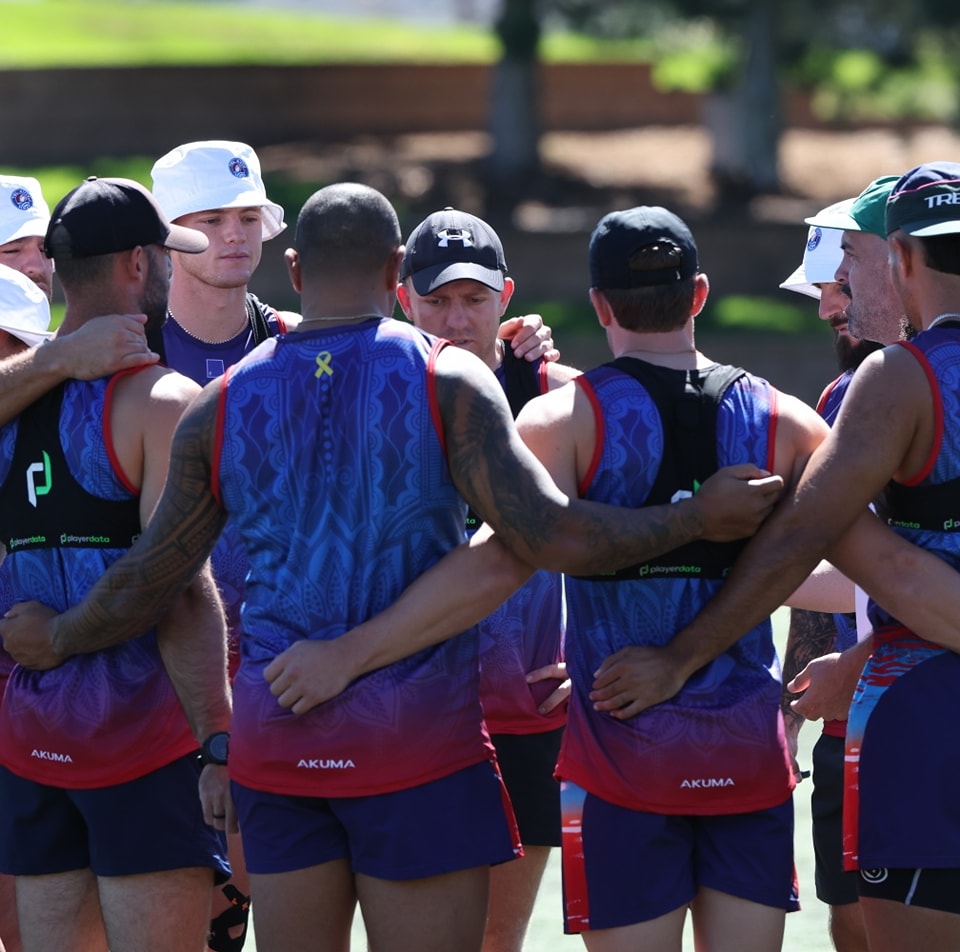
Kevin draws on international examples to show what’s possible. “In 1995, South Africa hosted the Rugby World Cup. Until then, rugby was a sport for white players, but Nelson Mandela proved that players from all cultures could unite..”
Since then, South Africa has won the World Cup four times. Another example is Japan, which had an undeveloped rugby scene until 30 years ago. Now they’ve defeated world champions and even hosted the World Cup. If anyone doubts whether a country where rugby isn’t well-developed can succeed, look at Japan
